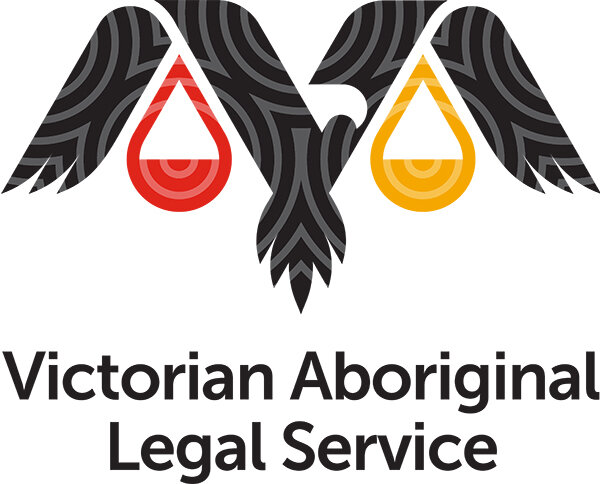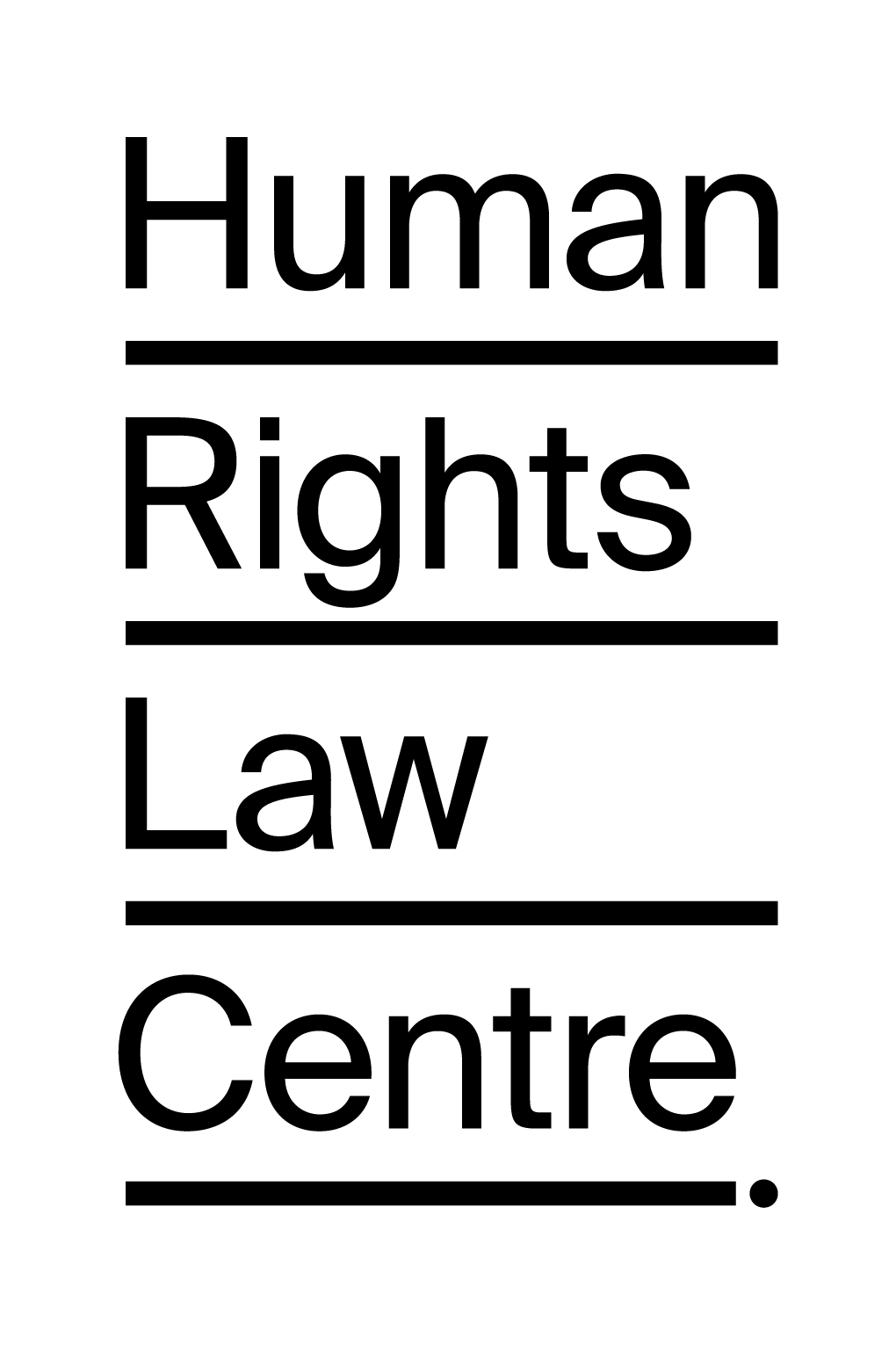Legal challenge launched to secure fair access to the Age Pension for Aboriginal and Torres Strait Islander people
A Federal Court case has been launched against the Morrison Government, seeking fair and equal access to the Age Pension for Aboriginal and Torres Strait Islander people.
Proud Wakka Wakka man Dennis* is bringing a case that will require the Federal Government to face court for the first time in connection with its failure to close the gap in life expectancy between Aboriginal and Torres Strait Islander people and non-Indigenous people in Australia. Dennis is bringing this case with the Victorian Aboriginal Legal Service and the Human Rights Law Centre, with support from DLA Piper.
The standard pension age, which will increase to 67 years of age by 2023, does not account for the stark differences in life expectancy and health outcomes for Aboriginal and Torres Strait Islander people. As a consequence of the ongoing impacts of colonisation and racial discrimination, Aboriginal and Torres Strait Islander men have an average life expectancy 8.6 years lower than non-Indigenous men, and Aboriginal and Torres Strait Islander women’s lives are on average 7.8 years shorter than non-Indigenous women.
The gap in life expectancy means that Aboriginal and Torres Strait Islander people do not have the same opportunity to retire and receive support through the Age Pension as other Australians. They are less likely to live to pension age and have fewer years to benefit from it. Fewer than 1% of people currently receiving the Age Pension are Aboriginal or Torres Strait Islander.
The case will argue that Aboriginal and Torres Strait Islander people should be able to access the pension earlier, to account for the gap in life expectancy, until that gap is closed.
Proud Wakka Wakka man Dennis said:
“As an Aboriginal man, I’ve seen too many of my people dying at a very early age. We are lucky to get to 50 years old.
“White people are living longer because they haven’t lost what we have lost. So many things that Aboriginal people are suffering from today, are because of how we have been treated since colonisation.
“It’s only fair for the pension age to be lowered. The pension is an important part of caring for and looking after our people when they can’t work anymore.
“But this isn’t just about money. Things will never get better unless we acknowledge something is wrong. Truth and accountability are important. This case is about telling the truth, and asking the Government to work together with us, to give our people the same chance in life as everyone else.”
Lee-Anne Carter, Statewide Community Justice Programs Leader at the Victorian Aboriginal Legal Service said:
“The current rules relating to the Age Pension do not reflect the fact that Aboriginal people have much shorter lives than other Australians.
“Closing the Gap data shows that Australia is not on track to close the life expectancy gap. Australia is also failing to meet Closing the Gap targets for employment and appropriate housing. The failure of Governments to implement strategies that will close the gap in these target areas means that Aboriginal people are far more likely to face financial insecurity.
“Financial insecurity is a significant determining factor in the overincarceration of Aboriginal and Torres Strait Islander people – it is self-evident that lifting Aboriginal people out of poverty will support achieving the other Closing the Gap targets, such as incarceration rates.
“It has been almost 15 years since Australian Governments agreed to the original Closing the Gap targets. They have failed so far, and Aboriginal and Torres Strait Islander people are still dying younger than non-Indigenous people because of that failure. Ensuring equitable access to the Age Pension is an important step, that would demonstrate that Australia is serious about Closing the Gap.
“For Government and Australians, this small change will have no impact on their lives. For Aboriginal and Torres Strait Islander people, fairer access to the Age Pension is an important step towards attaining financial security and wellbeing.”
Jill Gallagher AO, CEO, Victorian Aboriginal Community Controlled Health Organisation Inc said:
“The Royal Commission into Aged Care laid bare the serious disadvantages experienced by Aboriginal and Torres Strait Islander Elders. Sadly, the Royal Commission highlighted the extent to which our Elders have been let down and, in the process, diminished the critical role Elders play in sustaining the world’s oldest living culture.
“In 2008 we signed the first Close the Gap Agreement – the agreement sat on the shelf with very little changing. As a consequence, unequal access to the age pension is still a disadvantage for our Elders today – many of whom have experienced discrimination, marginalisation, disadvantage, and racism throughout their lives.
“Given the significant gap in life expectancy experienced by our people, lowering the pension age is an important step towards addressing the disadvantages experienced by our people.”
Meena Singh, Senior Advisor to the Human Rights Law Centre said:
“We should all look forward to a future in which we can age and retire with dignity. But because of the gap in life expectancy, our people are being denied equal access to this opportunity.
“It is a national shame that Aboriginal and Torres Strait Islander people are still dying too young. While the new Closing the Gap agreement provides hope, change takes time and it is clear that equality in life expectancy is still a way off. People who are at the end of their working lives don’t have time to wait another decade – they need proper support now.
“Aboriginal men and women of Dennis’ age have lived in the shadow of the Stolen Generations, experienced stolen wages and have been excluded from full participation in society on their own stolen lands. This case is a chance to address the long term hardship and disadvantage that comes from years of racist policies and laws.
“Until we have equality in life expectancy, Aboriginal and Torres Strait Islander people should be able to access the pension earlier. This is just one way the Australian Government can recognise the health impacts of generations of systemic discrimination and be accountable for the lack of progress towards closing the gap.
“Aboriginal men and women must have equal rights to age with dignity. Changing the pension age is about helping our people to lead a good life as they age.”
The Productivity Commission recently confirmed that the target of equal life expectancy is not on track to be met by 2031. The gap in life expectancy can only be closed if the Federal Government honours its commitments under the National Agreement on Closing the Gap, including to partner and share decision-making with Aboriginal and Torres Strait Islander people. This case aims to support the vital work of the Coalition of Peaks by holding the Federal Government accountable for these commitments and encouraging the Government to support Aboriginal and Torres Strait Islander people to implement self-determined solutions to close the gap.
As well as rectifying the existing inequality of access to the pension, lowering the pension age would in itself support a number of closing the gap targets by helping to improve the economic participation, financial security and wellbeing of Aboriginal and Torres Strait Islander people who can no longer work.
* Dennis does not wish to disclose his surname.
Images: Royal Botanic Gardens
Media contact:
Michelle Bennett, Human Rights Law Centre, 0419 100 519, michelle.bennett@hrlc.org.au
Patrick Cook, Victorian Aboriginal Legal Service, 0417 003 910, pcook@vals.org.au





